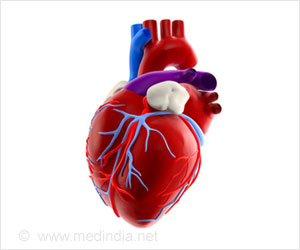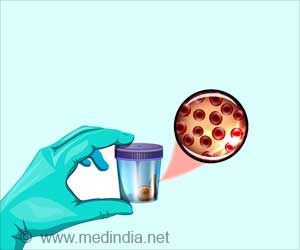“Contrary to some earlier findings, we now know that premature inflammation-induced vascular damage in adolescents, such as higher arterial stiffness, may cause elevated blood pressure, hypertension, insulin resistance, obesity, and elevated heart rate,” says Andrew Agbaje, a physician and clinical epidemiologist at the University of Eastern Finland.
The current study was conducted among 3862 adolescents who were 17 years old and followed up for 7 years until 24 years of age. The results revealed that about 1 in 3 males and 1 in 2 females were at risk of higher and worsening inflammation by age 24 years. The researchers found that increased inflammation in males may cause higher carotid wall thickness, which is a sign of preclinical atherosclerosis.
Vascular Consequences of Inflammation
On the other hand, increased inflammation in females may cause higher arterial stiffness. According to the researchers, these sex-specific negative effects of inflammation on different aspects of the blood vessels is a novel finding, and it may help understand the pathogenesis of cardiovascular disease in early life as well as the optimal approach for treatment. To their surprise, the researchers observed that being overweight or obese did not influence the negative effect of inflammation on premature vascular damage.
Advertisement
“For example, fruits, vegetables, and fibre-rich foods have significant anti-inflammatory properties and should be encouraged in the family. However, food rich in saturated and trans fats, salty and deep-fried food, red and processed meat, as well as sugary drinks, pastries, and candies may be associated with premature vascular damage since they can significantly raise inflammation,” Agbaje says.
“These novel findings should strengthen our approach to preventing premature vascular damage in adolescents. Public health experts, pediatricians, and health policymakers should encourage families to take up healthier diet choices. One approach is to significantly lower the prices of fruits and vegetables through government subsidy and tax returns,” Agbaje says.
Source: Eurekalert



